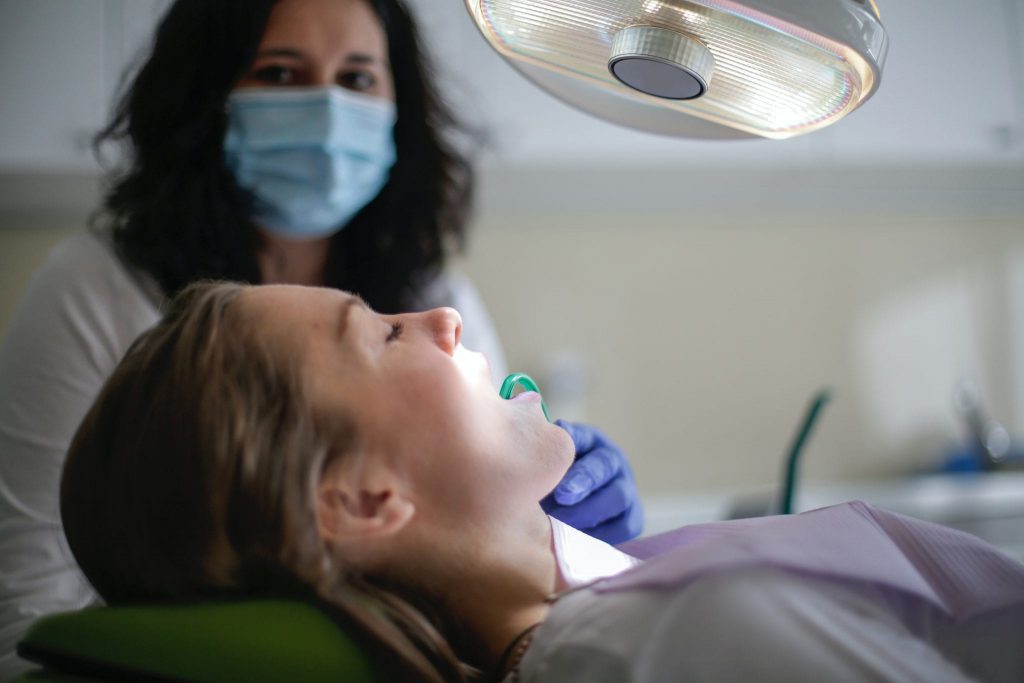
Saliva is necessary for the normal functioning of the oral cavity, as it keeps all its tissues moist and helps cleanse the mouth. So, if you notice that you have thick saliva, it is probably due to a certain imbalance.
First, it is important to know that the salivary glands produce saliva. In the case of changes in these glands, various morphological changes in saliva occur, possibly due to chemotherapy and radiation. The saliva becomes sticky and viscous, and therefore thicker.
In addition to general discomfort, it can also lead to problems speaking, swallowing, and even breathing.
Causes of thick saliva
Thick saliva can be caused by various disorders, such as:
- arterial hypertension
- diabetes
- kidney problems
- stones or other obstructions in the salivary ducts
- cancer
- Parkinson’s disease
- oral infections
It can also be the result of dry mouth or irritation due to hormonal changes, especially in women over 40 years.
Another very common cause is side effects that result from chemotherapy, antihistamines, antidepressants, diuretics, or analgesics.
What problems can this cause?
When saliva is too thick, it affects swallowing. You eventually begin to seem to suck rather than swallow because of the reduced lubrication in your mouth. Over time, this can lead to pulmonary aspiration.
Also, dryness and viscosity in the mouth lead to bad breath and difficulty swallowing, chewing, and talking.
There is also an increase in caries and gum disease. Also, the tongue becomes dry. This not only changes your sense of taste but also creates cracks in it. Mouth ulcers and chapped lips are also very common.
Diagnosis
There is a method of estimating saliva flow called Sialometry. It specifically estimates the amount of saliva. Doctors can also do a salivary gland biopsy to analyze and determine if there are any pathological problems.
Treatment
Treatment of damaged salivary glands is not performed. However, there are some tips for thinning saliva:
- Increase the amount of water to dilute the saliva.
- Moisten food with sauces, broths, etc.
- Use a room humidifier.
- Sleep with your head in an elevated position.
- Rinse your throat.
- Brush your teeth often.
- Chew gum often.
- Limit alcohol and tobacco use.
- Reduce the consumption of spicy foods.
Dental procedures for thick saliva
It is also important to keep in mind any pre-existing illnesses or medications that the person is taking, as well as any psychological factors.
In some cases, your doctor may recommend saliva stimulants or saliva substitutes such as xylitol, aloe vera, or fluoride.
Finally, oral hygiene is very important. So make it a habit to clean your mouth thoroughly with a brush and toothpaste.
You may also want to use mouthwashes and gels, as they are very helpful for patients with this problem.
Picture Credit: Pexels
